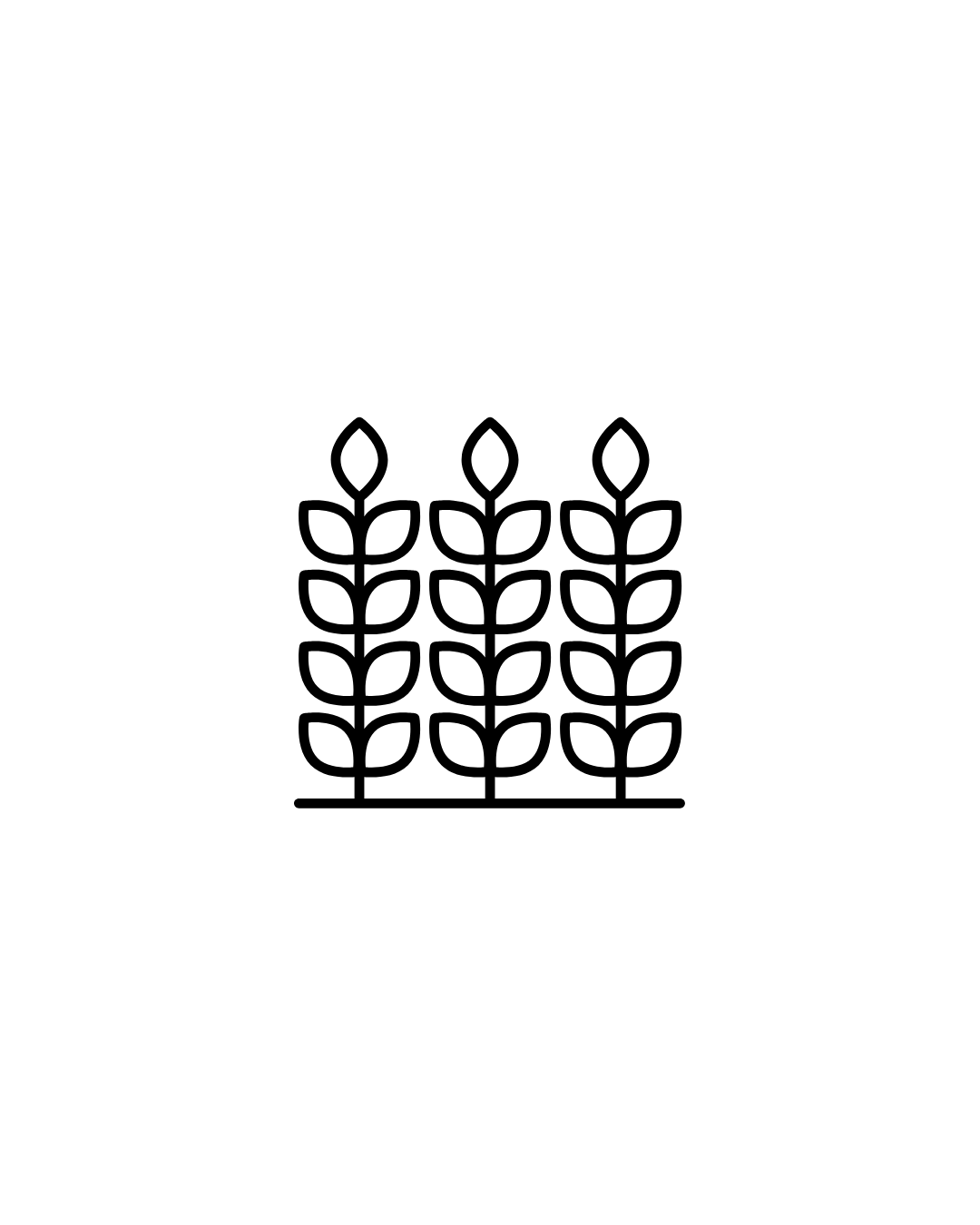Description
An Advanced Diploma in Tea Husbandry and Technology is a specialized program aimed at providing students with in-depth knowledge and practical skills related to the tea industry, focusing on the cultivation, processing, and management of tea production. This program is ideal for those interested in pursuing a career in tea cultivation, research, or agribusiness.
Course Details:
Duration: Typically 1 to 2 years, depending on the institution.
Eligibility: Candidates usually need to have completed higher secondary education (12th grade) in a science or agriculture-related field. Some institutions may also accept applicants with relevant diplomas or experience in agriculture.
Mode of Study: Offered in a full-time format, combining classroom instruction, hands-on training, and fieldwork.
Curriculum:
The curriculum for an Advanced Diploma in Tea Husbandry and Technology generally includes the following key areas:
1. Introduction to Tea Industry
History and Global Importance of Tea:
Understanding the origins of tea, its cultural significance, and its economic impact globally and locally.
Types of Tea:
Overview of different types of tea (green, black, oolong, white) and their characteristics.
2. Botanical and Agronomic Principles
Tea Plant Biology:
Study of the Camellia sinensis plant, including its growth patterns, anatomy, and physiology.
Soil Health and Fertility Management:
Techniques for maintaining soil health, nutrient management, and fertility enhancement.
3. Tea Cultivation Practices
Cultivation Techniques:
Best practices for planting, pruning, and harvesting tea plants.
Pest and Disease Management:
Integrated pest management (IPM) strategies for controlling pests and diseases affecting tea crops.
4. Tea Processing Technology
Tea Processing Methods:
An in-depth study of the processing stages from plucking to packaging, including withering, rolling, oxidation, and drying.
Quality Control:
Methods for assessing and maintaining quality throughout the processing stages.
5. Tea Brewing and Tasting
Brewing Techniques:
Understanding different brewing techniques and their effects on flavor.
Sensory Evaluation:
Training in the sensory analysis of tea, including tasting and aroma evaluation.
6. Sustainable Practices in Tea Production
Organic Tea Farming:
Principles and practices of organic tea cultivation and certification processes.
Environmental Impact Assessment:
Evaluating the ecological impact of tea cultivation and exploring methods for sustainable practices.
7. Business Management in the Tea Industry
Tea Marketing Strategies:
Understanding market trends, branding, and marketing strategies specific to the tea industry.
Entrepreneurship in Tea:
Basics of setting up and managing a tea-related business, including understanding supply chains.
8. Research and Development in Tea
Innovations in Tea Production:
Exploring new technologies and methods to improve tea cultivation and processing efficiency.
Tea Industry Trends:
Studying emerging trends and challenges in the global tea market.
Assessment:
Assessment methods in this program may include:
Practical Training and Fieldwork:
Hands-on assessments during field visits and practical sessions in tea gardens and processing units.
Exams and Quizzes:
Written assessments to evaluate understanding of tea cultivation, processing, and business practices.
Research Projects:
Individual or group projects focusing on specific topics related to tea husbandry or technology.
Career Opportunities:
Graduates of the Advanced Diploma in Tea Husbandry and Technology can pursue various career paths, including:
Tea Plantation Manager: Overseeing the operations of tea estates, managing cultivation and harvesting practices.
Tea Processing Supervisor: Managing and ensuring quality control in tea processing units.
Agricultural Consultant: Advising tea farmers on best practices, pest management, and sustainable cultivation methods.
Tea Quality Analyst: Specializing in assessing and controlling tea quality through sensory evaluation and testing.
Entrepreneur in Tea Business: Starting or managing a tea-related business, such as a tea shop or tea brand.
This advanced diploma program is ideal for individuals passionate about the tea industry and looking to build a successful career in tea cultivation and technology. If you have any further questions or need more information, feel free to ask!









